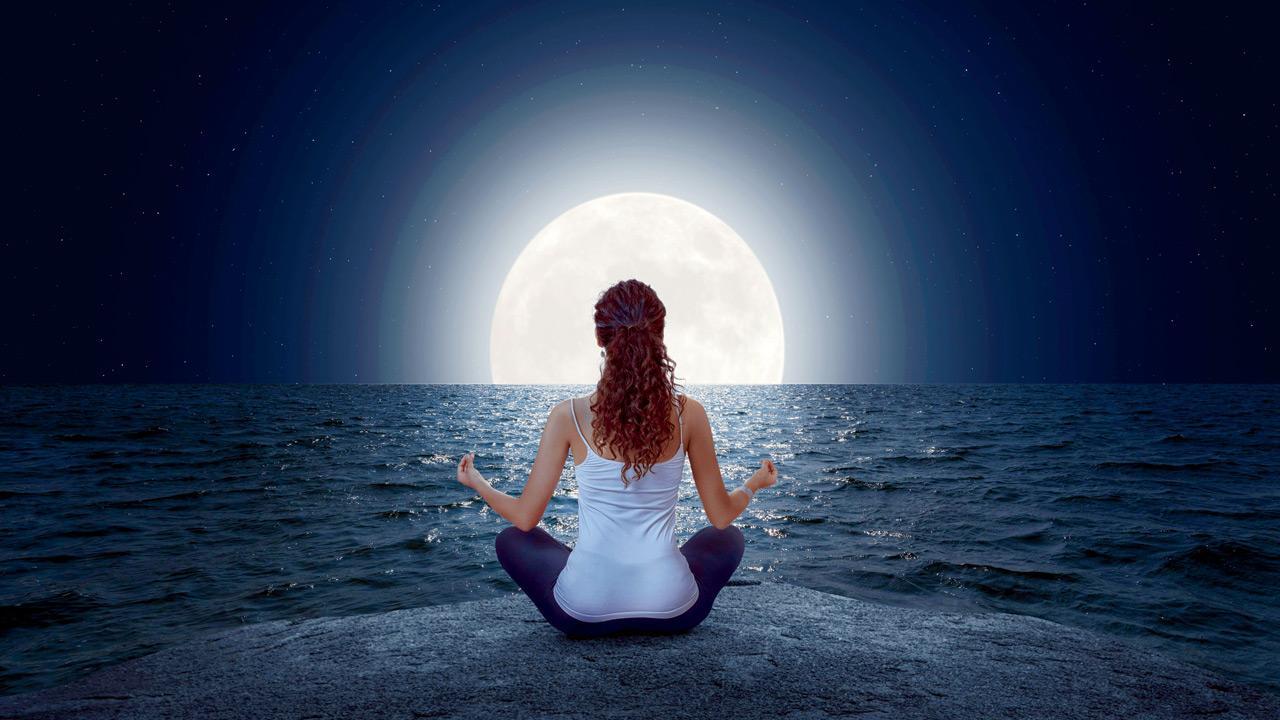We go days without speaking to anyone, yet why does the world still feel so noisy? What if you shut off speaking and thinking for ten days?

The pandemic has taught us how little we need to speak
You’re certainly used to silence by now after two years of pandemic solitude. Right?
ADVERTISEMENT
You’re used to saying as little as possible to as many people as possible for as long as possible. Right?
I can stock up my fridge for a week without speaking a word. The grocery list is sent out on WhatsApp to a tech-savvy little Cambodian migrant at the market. She sends me a photo of my veggies for my approval. I pay her using my bank app and a motorcycle rider delivers the package a little later, leaving it at the lobby. I go down well after he’s left to pick it up.
We’ve learned to live without speaking. The human voice can be missing for days.
So why doesn’t it feel like silence?
The babel of tongues, it seems, has not disappeared but merely shifted online. My WhatsApp, email, LINE app, and other online whisperers are tinging and pinging all the time—and more than ever. Our minds are not quiet; they are more chaotic than ever, full of cat videos, vaccine conspiracies, vague fears about our own mortality, right-wing propaganda and a general groping for information.
Most of them are useless thoughts repeating themselves like looped soundtracks, or images that refuse to be dismissed, or songs and stories that fill your head obsessively.
How long do you think you would survive if you were not allowed to talk or think at all? When they announce a 2-minute silence, does it feel like a lifetime?
What if you couldn’t speak (or think) for two hours instead? Two days?
Ten days?
Most people are terrified of Vipassana meditation because you can’t speak to anyone or even look them in the eye for 10 days. It’s extreme social distancing without a pandemic as an excuse. Avoiding eye contact and words helps your mind not to think about other people you’ve met, smiled at or bonded with.
It was embarrassing how soon and how easily I got used to the silence. It happened to all the 500 people in that batch. The silence became a natural, pleasant part of the daily background, no big deal. Too much else was going on to worry about talking.
For example, we were learning how to shut our thoughts off. To be accurate, we were told to passively observe the sensations produced on our upper lips and nostrils by air as it moved in and out. While performing just this one task, we were told, our minds would have no room for any other thoughts.
A cinch, I thought, until I tried it. As soon as I paid attention to my breath, it began to misbehave, waiting for my instructions. Breath, they told us, exists at two levels: the unconscious breath can carry on by itself even if you’re comatose. But you can bring it under conscious control whenever you choose.
Our task, I understood finally, was to consciously observe our unconscious breath without disturbing it. It was like peeking on yourself while you were doing something you didn’t know you were doing. In three days, most of us had gotten the hang of observing our breath without letting our breath know we were there.
We were then asked to use this detached attention to do a slow body scan, inch by inch, observing sensations we detected at each spot. It was scary how many sensations were going on all over my body without my awareness—creepy, crawly, tingly, numb, dead, heavy, light, warm and so on.
Somehow, without pressing any buttons, they taught us to be still and silent. We did not speak a word but by the end of that time, we had not thought a word either. We’d been utterly silent, inside and out.
In 2011, the Finnish Tourist Board decided that there was enough interest in silence to make it a national selling point. They positioned Finland as a silent land, a place where you could experience stillness and silence, something no other country offers.
The pandemic has taught us how little we need to speak, and the value of a few heartfelt conversations with cherished friends rather than promiscuous exchanges with anyone passing.
Scientists are learning that your brain grows new neurons that become working nerve cells every time you practise silence. Your brain becomes bigger, smarter and more fertile with just the nourishment of silence. An hour or two of silence a day, and Clark Kent could become Superman..
In my 10 days of Vipassana, my words and thoughts subsided but other things began awakening. My breathing became more efficient, each breath exactly as deep as my body needed. My metabolism slowed down, like a bear in winter, till I was nearly thought-free and rock-still.
It is the only time in my life when my nails and hair did not grow at all.
Here, viewed from there. C Y Gopinath, in Bangkok, throws unique light and shadows on Mumbai, the city that raised him. You can reach him at cygopi@gmail.com
Send your feedback to mailbag@mid-day.com
The views expressed in this column are the individual’s and don’t represent those of the paper.
 Subscribe today by clicking the link and stay updated with the latest news!" Click here!
Subscribe today by clicking the link and stay updated with the latest news!" Click here!







